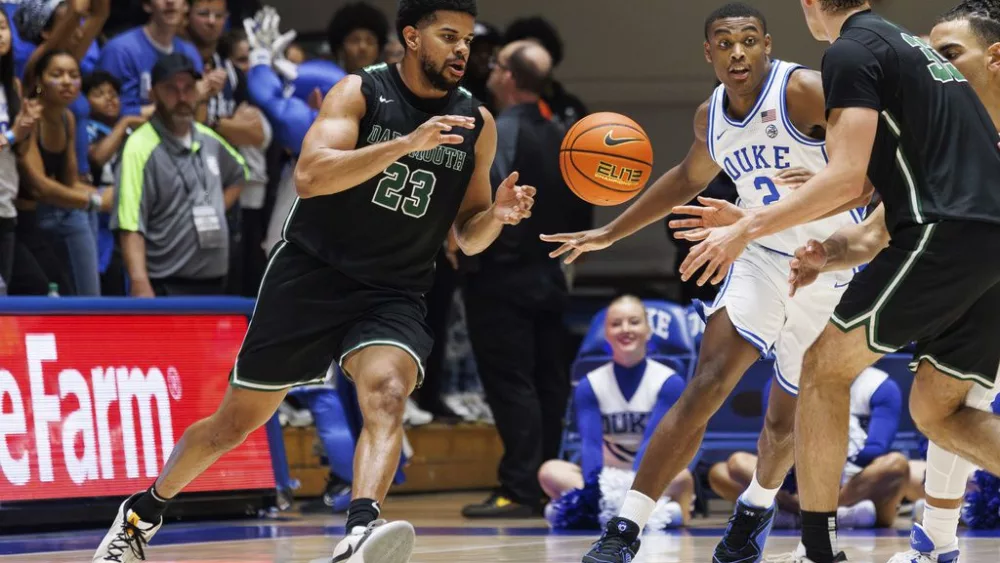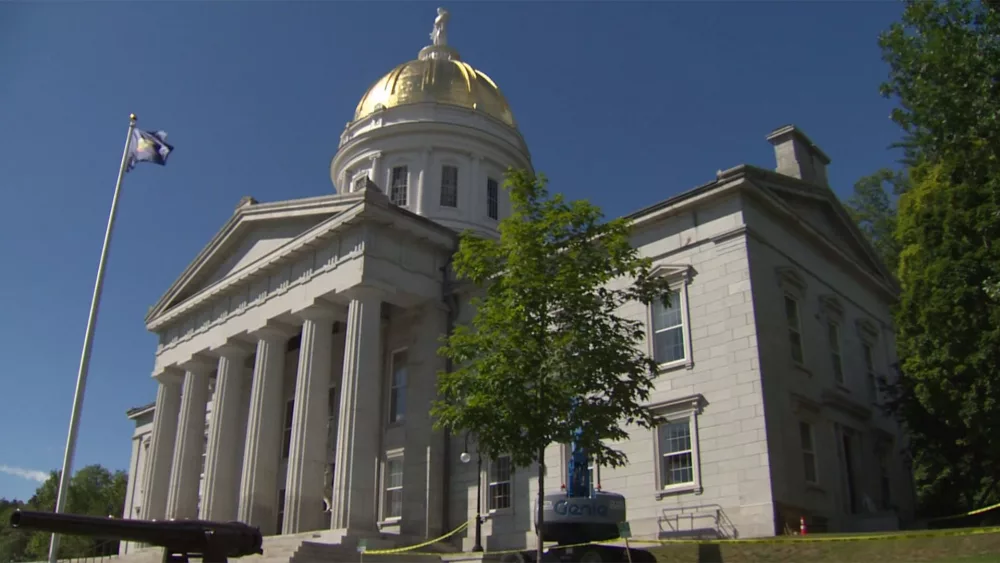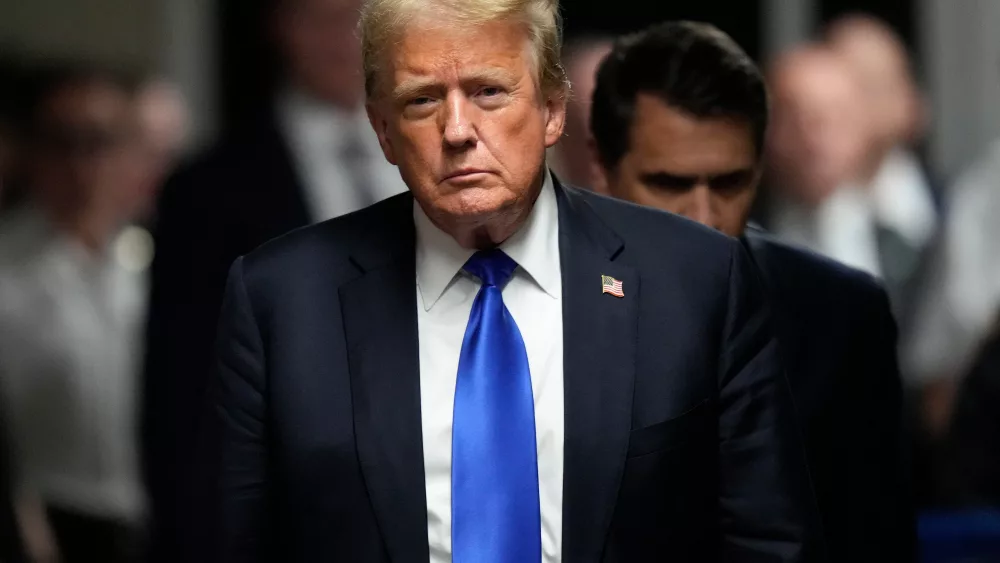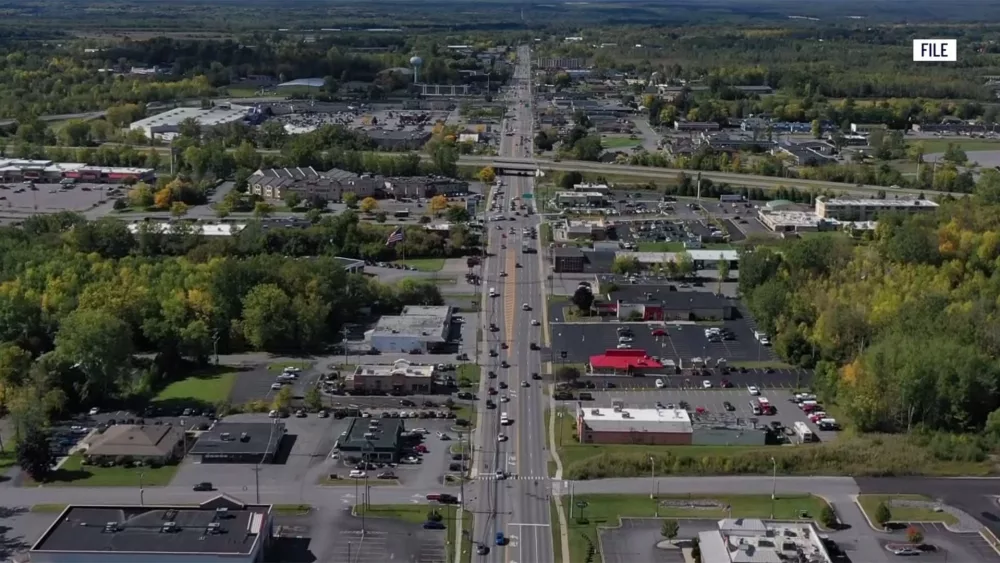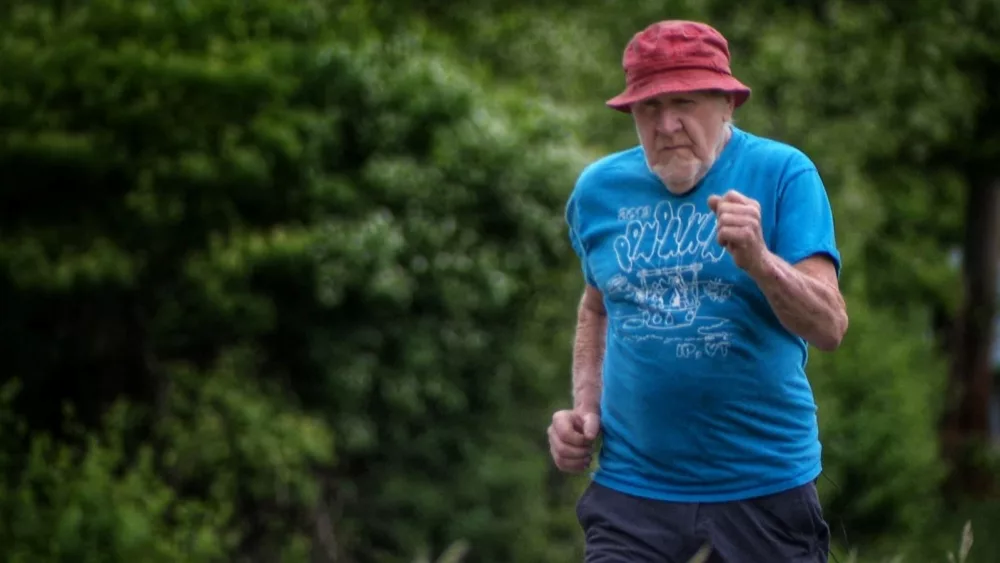HANOVER, N.H. (WCAX) – A National Labor Relations Board regional official has decided that Dartmouth basketball players are employees of the school, clearing the way for an election that would create the first-ever labor union for NCAA athletes.
This is a monumental decision that has far reaching impacts beyond Hanover. Dartmouth men’s basketball players filed a petition with the National Labor Relations Board back in September, arguing they should be classified as employees.
In the 26-page decision, the NLRB agreed the players do qualify as employees due to the school’s right to control their work and that the players are compensated for that work. That decision means they are now allowed to vote on forming a union.
All 15 men on the Dartmouth Basketball team signed that initial petition. Being classified as employees would allow the players to negotiate salary and working conditions, which include practice hours and travel.
The NCAA and universities across the country insist their athletes are students, not employees, and during a hearing in October, Dartmouth argued that athletics are part of the academic mission of the school. Dartmouth can still appeal the regional director’s decision to the NLRB, but an election can still be held while an appeal is pending. Since all 15 members of the team have already said they would like to unionize, it would likely pass.
This ruling would likely serve as precedent across college sports should it be upheld. The NCAA model has long been based around the notion of “amateurism,” or the idea that college athletes aren’t directly paid to play. That model has come into the crosshairs of athletes, lawyers, and courts in recent years.
For example, Supreme Court rulings against the NCAA in both O’Bannon v. the NCAA and the NCAA v. Alston essentially ruled that the organization can’t deny rights to student athletes that would otherwise be available to normal students, the latter paving the way for name, image, and likeness compensation.
The courts likely aren’t going to change their tune in regards to employee status. This one could be more far-reaching—if Dartmouth’s men’s basketball team forms a union and uses their collective bargaining power to negotiate salaries, hours limits on their time, and more, other teams around the country would likely follow suit.
The plus side is that it allows student athletes to be compensated for what are essentially full time jobs on top of their studies, but it’s also worth pointing out that at a lot of schools, the revenue brought in by football and basketball pay for the other sports teams. If players are negotiating fair market salaries for the revenue their program generates, that presumably makes the pie smaller for non-revenue sports to pull from.

